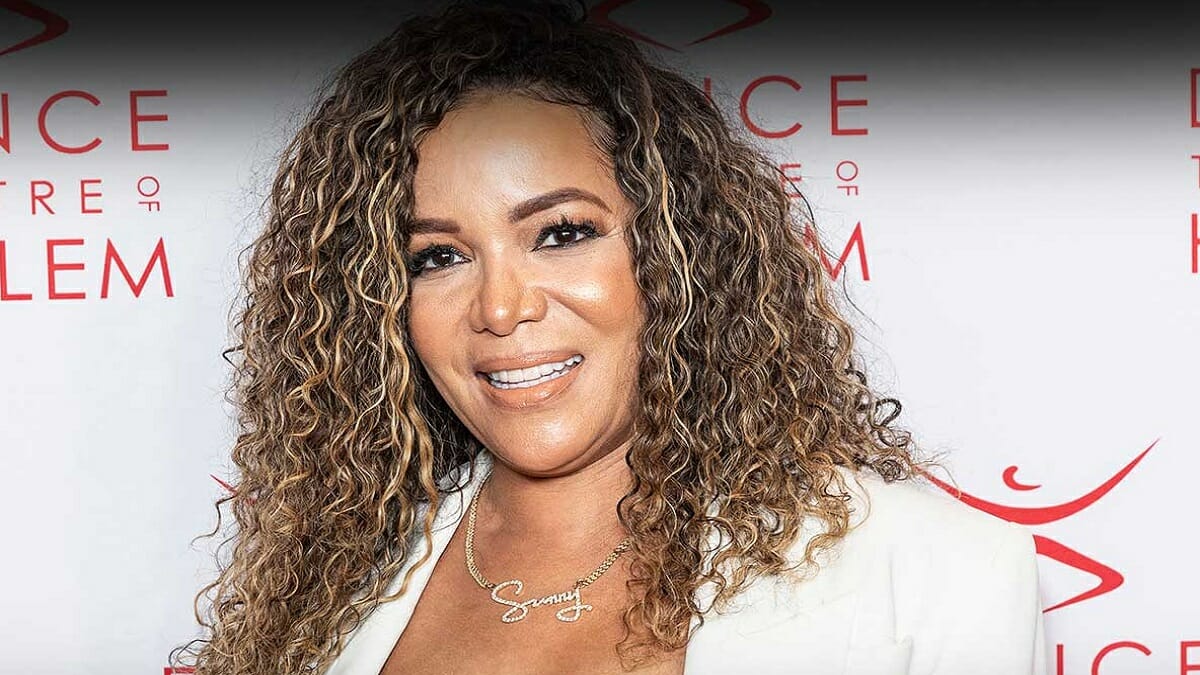What disease does Sunny Hostin have? Sunny Hostin has been diagnosed with alopecia.
Alopecia is an autoimmune condition that causes hair loss. It can affect the scalp, eyebrows, eyelashes, and other parts of the body. Alopecia can be caused by a variety of factors, including genetics, hormones, and stress.
Hostin has been open about her diagnosis and has used her platform to raise awareness of alopecia. She has spoken about the challenges of living with the condition, including the emotional impact of hair loss. Hostin has also been a vocal advocate for research into alopecia and for better treatments for people with the condition.
Alopecia is a common condition, affecting up to 2% of the population. However, it is often misunderstood and can be a source of shame and embarrassment for people who have it. Hostin's openness about her diagnosis has helped to break down these stigmas and has made it easier for others to come forward and seek help.
Sunny Hostin is a co-host of the daytime talk show The View. She is also a former federal prosecutor and legal analyst. In 2018, Hostin revealed that she has alopecia, an autoimmune condition that causes hair loss.
Alopecia is a common condition, affecting up to 2% of the population. However, it is often misunderstood and can be a source of shame and embarrassment for people who have it. Hostin's openness about her diagnosis has helped to break down these stigmas and has made it easier for others to come forward and seek help.
- 4k Movies Download Your Ultimate Guide To Ultra Hd Entertainment
- Vegamobies The Revolutionary Shift Towards Plantbased Nomadic Living
FAQs on Alopecia
Alopecia is an autoimmune condition that causes hair loss. It can affect the scalp, eyebrows, eyelashes, and other parts of the body. Alopecia can be caused by a variety of factors, including genetics, hormones, and stress. Here are some frequently asked questions about alopecia:
Question 1: What are the symptoms of alopecia?
Alopecia causes hair loss. The hair loss can be gradual or sudden, and it can affect any part of the body. In some cases, alopecia can lead to complete baldness.
Question 2: What causes alopecia?
Alopecia is caused by a variety of factors, including genetics, hormones, and stress. In some cases, alopecia is an autoimmune condition, which means that the body's immune system attacks the hair follicles.
Question 3: Is there a cure for alopecia?
There is no cure for alopecia. However, there are treatments that can help to slow down hair loss and promote hair growth. These treatments include topical medications, oral medications, and surgery.
Question 4: How is alopecia diagnosed?
Alopecia is diagnosed through a physical examination and a review of the patient's medical history. In some cases, a biopsy may be necessary to confirm the diagnosis.
Question 5: What are the treatments for alopecia?
The treatments for alopecia include topical medications, oral medications, and surgery. Topical medications can help to slow down hair loss and promote hair growth. Oral medications can help to suppress the immune system and prevent hair loss. Surgery can be used to restore hair growth in some cases.
Question 6: How can I cope with alopecia?
Coping with alopecia can be challenging. However, there are a number of things that you can do to help yourself cope, including joining a support group, talking to a therapist, and learning about the condition.
Summary of key takeaways or final thought:
Alopecia is a common condition that can have a significant impact on a person's life. However, there are treatments that can help to slow down hair loss and promote hair growth. If you are experiencing hair loss, it is important to see a doctor to get a diagnosis and to learn about your treatment options.
Transition to the next article section:
For more information on alopecia, please visit the National Alopecia Areata Foundation website.
Conclusion
Sunny Hostin's diagnosis of alopecia has brought attention to a common condition that often goes unnoticed. Alopecia is an autoimmune condition that causes hair loss, and it can affect people of all ages, races, and genders. There is no cure for alopecia, but there are treatments that can help to slow down hair loss and promote hair growth.
Hostin's openness about her diagnosis has helped to break down the stigma surrounding alopecia and has made it easier for others to come forward and seek help. Her story is an inspiration to everyone who is struggling with alopecia or any other chronic condition.



Detail Author:
- Name : Sonya Koepp
- Username : olson.enoch
- Email : kennedy.zboncak@hotmail.com
- Birthdate : 1994-09-30
- Address : 5560 Ledner Point Apt. 647 Christybury, AK 78129-9947
- Phone : 1-938-863-5927
- Company : Kuhlman-Spinka
- Job : Hand Presser
- Bio : Minus atque natus perferendis adipisci amet voluptatibus. Possimus perspiciatis a quisquam ea eaque quae. Voluptatem qui enim illum in sit rem voluptas. Voluptates omnis et in unde quibusdam veniam.
Socials
facebook:
- url : https://facebook.com/millsa
- username : millsa
- bio : Id nobis consequatur illo excepturi laborum molestiae magni dolores.
- followers : 6097
- following : 1172
tiktok:
- url : https://tiktok.com/@alphonsomills
- username : alphonsomills
- bio : Aut totam nemo beatae sit delectus est necessitatibus. Vel sunt saepe facilis.
- followers : 6044
- following : 1903
linkedin:
- url : https://linkedin.com/in/amills
- username : amills
- bio : Vero iure ut numquam vitae assumenda.
- followers : 883
- following : 2921